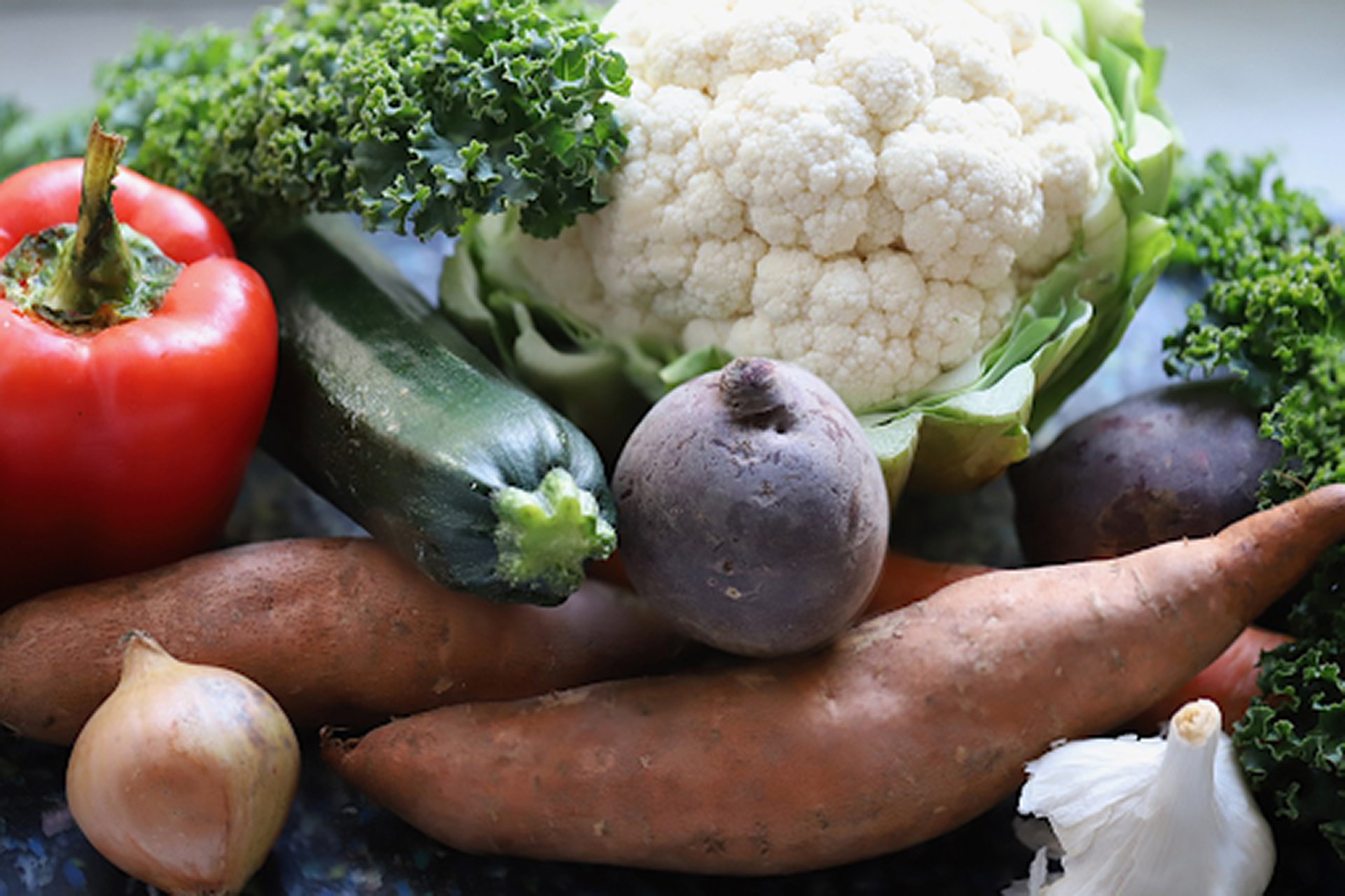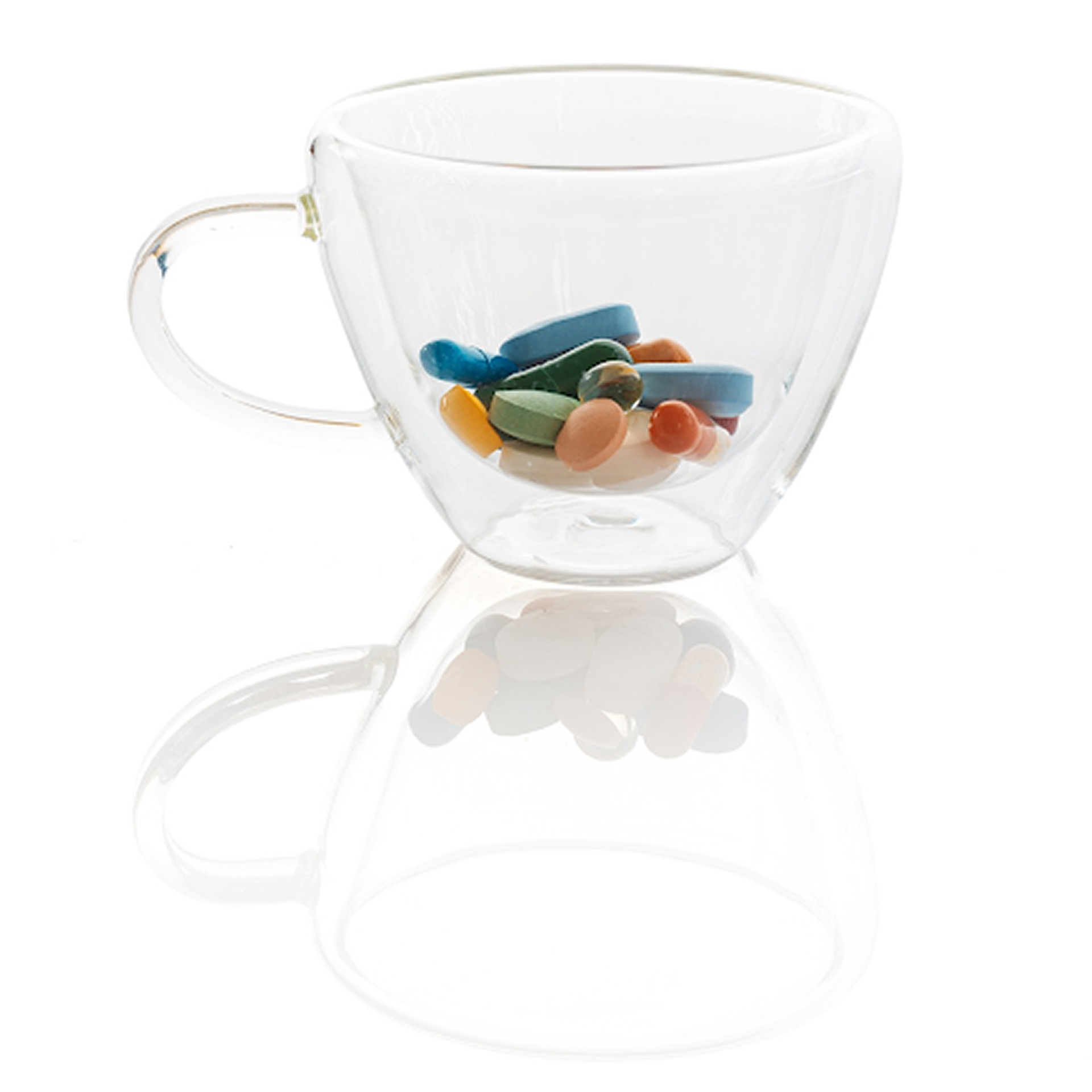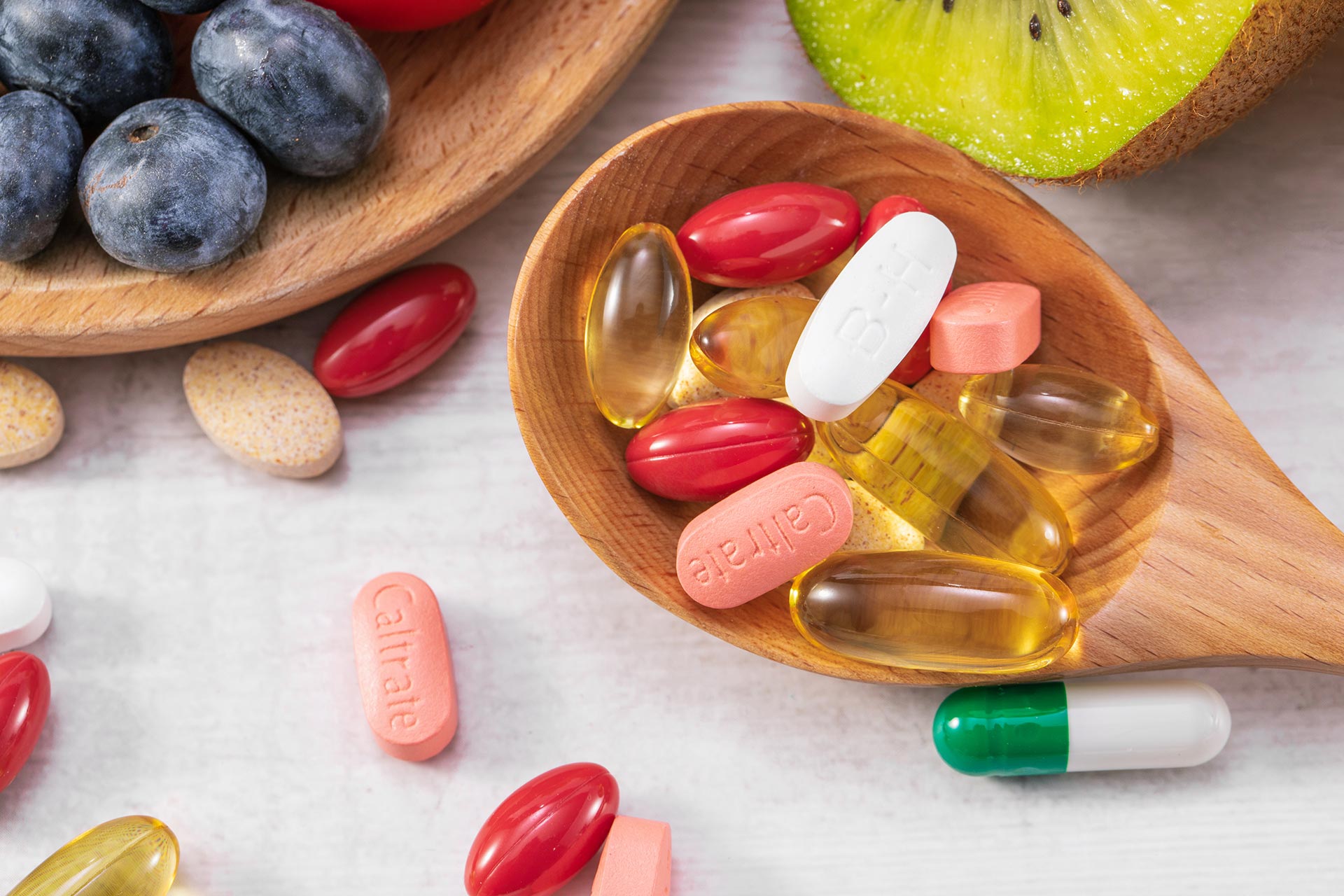Hair and skin supplements: For better wellbeing?
So many hair and skin supplements out there promise to do wonders for your skin and hair. But are they really worth it, and does it help your wellbeing?
Are hair and skin supplements worth it for your wellbeing?
Have you ever come across those enticing bottles of gummy bears that promise to make your hair shine and your skin glow? They’re surely tasty and sound amazing, but are they worth it? In this article, we’ll look into skin and hair supplements and whether they live up to their promises. We’ll provide tips if you’re thinking about adding these supplements to your routine. After all, it’s important to consider your wellbeing alongside the appearance of your skin and hair. So, let’s embark on a journey together and find out if skin and hair supplements are worth the hype.

Better hair and skin, what works well?
When it comes to maintaining healthy skin and hair, certain nutrients can play a big role for your wellbeing. Here are some factors to consider:
- There are many benefits of vitamin C, beta carotene, and polyunsaturated fatty acids (PUFAs). These nutrients have been associated with improved skin health. Vitamin C is found in citrus fruits, strawberries, and bell peppers. It aids in collagen production and protects against skin damage. Beta carotene is abundant in carrots, sweet potatoes, and spinach. It helps promote a healthy complexion and gives you that beautiful glow. PUFAs are found in fatty fish, flaxseeds, and walnuts. They play an important role in skin hydration and suppleness. 1
- If you want thicker and stronger hair, try a marine protein supplement. Marine proteins are products such as fish or algae protein powder. These contain amino acids that can help with hair strength and growth. It may sound a bit fishy, but it’s supported by research! 2
- Antioxidants protect the skin against oxidative stress and reduce the signs of photoaging. Photoaging occurs when too much sun damages the skin. Foods rich in antioxidants are berries, dark chocolate, and green leafy vegetables. Eating these tasty foods can help fight the damage caused by the sun and the environment! 3
- Have you ever heard of the paleo diet? It’s all about eating like the (very) early humans. It focuses on whole foods and avoids processed foods, gluten, dairy, and saturated fats. This dietary approach may reduce inflammation and sebaceous gland hyperactivity, reducing acne. This may potentially lead to clearer skin, but individual experiences may vary. Consult with a healthcare professional before making significant dietary changes. 4

What to avoid
So, we’ve gone over what might work. But what about that what doesn’t? When it comes to hair and skin supplements, you’re often better off not buying them. That’s especially the case when they’re not backed by science! So save your money and look out for these things:
- Collagen supplements have become popular in the beauty industry. They claim to improve skin elasticity and reduce wrinkles. But the effectiveness of collagen is not strongly supported by studies. It’s much better to invest in a balanced diet of foods rich in protein and other essential nutrients. It may be a more cost-effective approach to supporting skin health! 5
- Some supplements, such as vitamin E, zinc, and biotin, may not offer many benefits for individuals who are not deficient. These nutrients are, of course, very good for your health. But it is recommended to get them through a balanced diet rather than supplements. So, eat your veggies! 6
- MSM is a sulfur-containing compound. It’s often marketed for its potential benefits for hair and nail health. But, there is limited scientific evidence to support its effectiveness in these areas. Eating sulfur-rich foods like garlic, onions, and cruciferous vegetables can provide a natural source for the body. 7
- Eating high amounts of animal fat, especially from processed sources, may have negative effects on health. This includes skin health. Processed carbohydrates can also contribute to inflammation and may impact skin health. This mostly refers to sugary snacks. Try out some healthier plant-based protein sources. That means choosing whole grains over refined options, and eating more beans and nuts. It can be beneficial for both your wellbeing and your wallet. 8
Be thoughtful about it
We’ve gone over the nutrients and dietary factors that can help us get healthy skin and hair. It’s important to approach hair and skin supplements with caution. So, focus on maintaining a balanced diet. Eat a variety of fruits, vegetables, lean proteins, and healthy fats. This approach not only supports your skin and hair health but also promotes wellbeing. Remember, true beauty comes from nourishing your body from the inside out. So, make thoughtful choices that look out for your wellbeing!


Hair and skin supplements: For better wellbeing?
Are hair and skin supplements worth it for your wellbeing?
Have you ever come across those enticing bottles of gummy bears that promise to make your hair shine and your skin glow? They’re surely tasty and sound amazing, but are they worth it? In this article, we’ll look into skin and hair supplements and whether they live up to their promises. We’ll provide tips if you’re thinking about adding these supplements to your routine. After all, it’s important to consider your wellbeing alongside the appearance of your skin and hair. So, let’s embark on a journey together and find out if skin and hair supplements are worth the hype.

Better hair and skin, what works well?
When it comes to maintaining healthy skin and hair, certain nutrients can play a big role for your wellbeing. Here are some factors to consider:
- There are many benefits of vitamin C, beta carotene, and polyunsaturated fatty acids (PUFAs). These nutrients have been associated with improved skin health. Vitamin C is found in citrus fruits, strawberries, and bell peppers. It aids in collagen production and protects against skin damage. Beta carotene is abundant in carrots, sweet potatoes, and spinach. It helps promote a healthy complexion and gives you that beautiful glow. PUFAs are found in fatty fish, flaxseeds, and walnuts. They play an important role in skin hydration and suppleness. 1
- If you want thicker and stronger hair, try a marine protein supplement. Marine proteins are products such as fish or algae protein powder. These contain amino acids that can help with hair strength and growth. It may sound a bit fishy, but it’s supported by research! 2
- Antioxidants protect the skin against oxidative stress and reduce the signs of photoaging. Photoaging occurs when too much sun damages the skin. Foods rich in antioxidants are berries, dark chocolate, and green leafy vegetables. Eating these tasty foods can help fight the damage caused by the sun and the environment! 3
- Have you ever heard of the paleo diet? It’s all about eating like the (very) early humans. It focuses on whole foods and avoids processed foods, gluten, dairy, and saturated fats. This dietary approach may reduce inflammation and sebaceous gland hyperactivity, reducing acne. This may potentially lead to clearer skin, but individual experiences may vary. Consult with a healthcare professional before making significant dietary changes. 4

What to avoid
So, we’ve gone over what might work. But what about that what doesn’t? When it comes to hair and skin supplements, you’re often better off not buying them. That’s especially the case when they’re not backed by science! So save your money and look out for these things:
- Collagen supplements have become popular in the beauty industry. They claim to improve skin elasticity and reduce wrinkles. But the effectiveness of collagen is not strongly supported by studies. It’s much better to invest in a balanced diet of foods rich in protein and other essential nutrients. It may be a more cost-effective approach to supporting skin health! 5
- Some supplements, such as vitamin E, zinc, and biotin, may not offer many benefits for individuals who are not deficient. These nutrients are, of course, very good for your health. But it is recommended to get them through a balanced diet rather than supplements. So, eat your veggies! 6
- MSM is a sulfur-containing compound. It’s often marketed for its potential benefits for hair and nail health. But, there is limited scientific evidence to support its effectiveness in these areas. Eating sulfur-rich foods like garlic, onions, and cruciferous vegetables can provide a natural source for the body. 7
- Eating high amounts of animal fat, especially from processed sources, may have negative effects on health. This includes skin health. Processed carbohydrates can also contribute to inflammation and may impact skin health. This mostly refers to sugary snacks. Try out some healthier plant-based protein sources. That means choosing whole grains over refined options, and eating more beans and nuts. It can be beneficial for both your wellbeing and your wallet. 8
Be thoughtful about it
We’ve gone over the nutrients and dietary factors that can help us get healthy skin and hair. It’s important to approach hair and skin supplements with caution. So, focus on maintaining a balanced diet. Eat a variety of fruits, vegetables, lean proteins, and healthy fats. This approach not only supports your skin and hair health but also promotes wellbeing. Remember, true beauty comes from nourishing your body from the inside out. So, make thoughtful choices that look out for your wellbeing!
